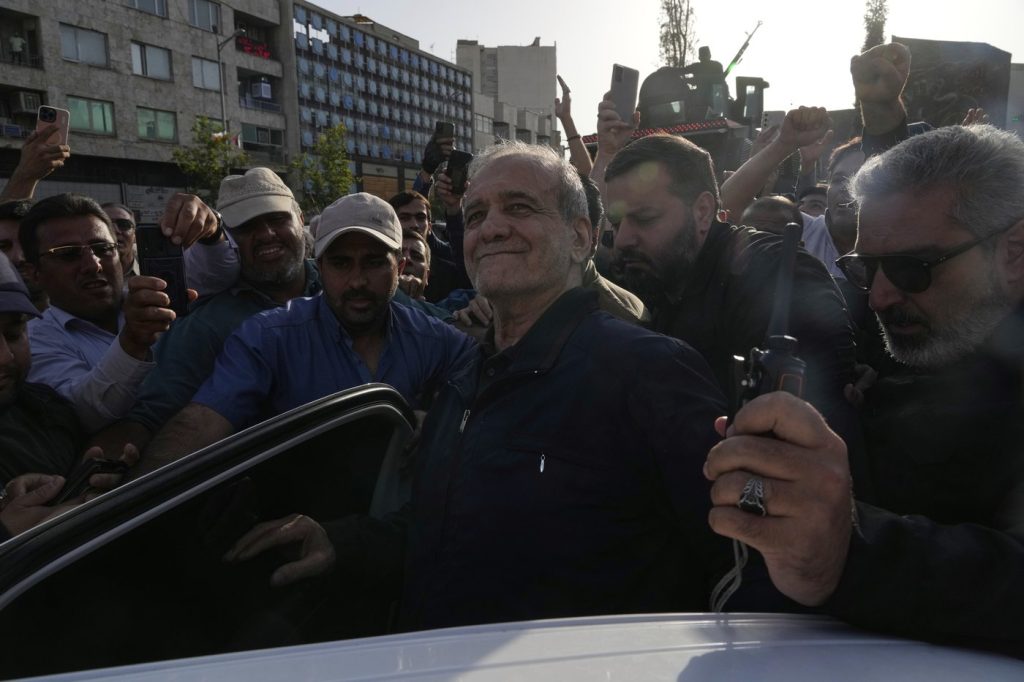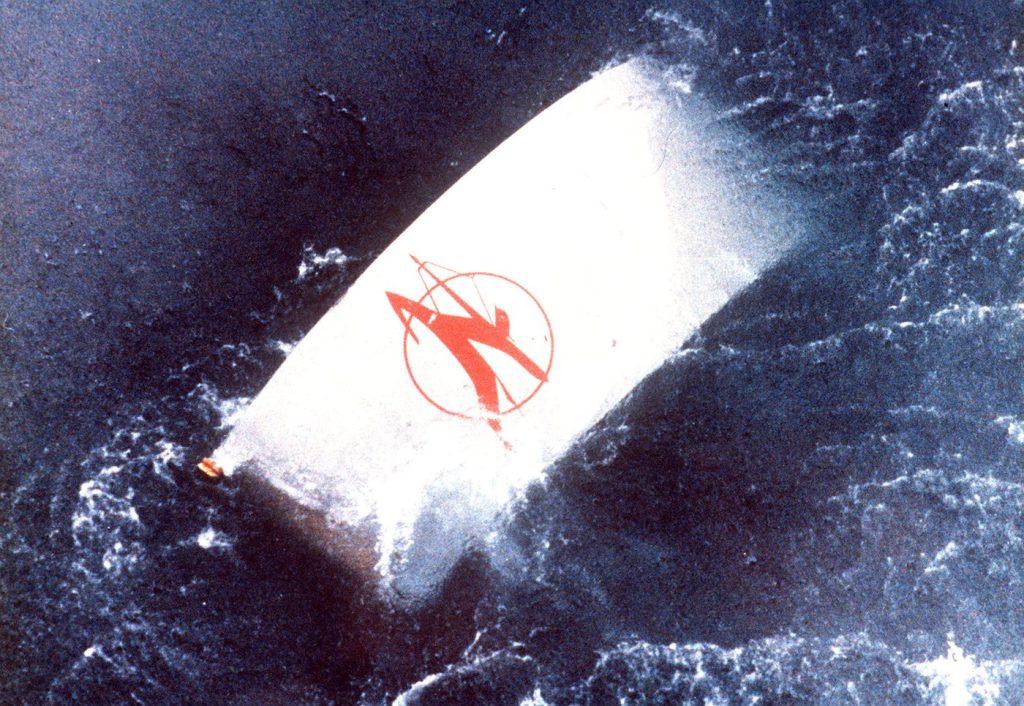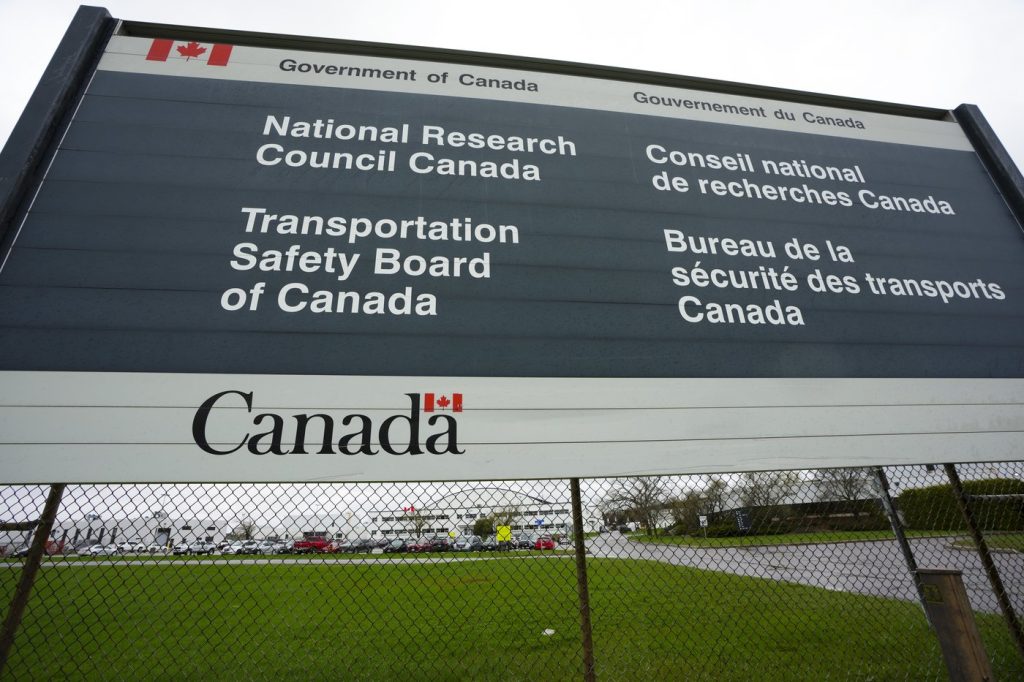On Sunday, Iranian Canadians and Jewish communities expressed heightened concerns over escalating tensions in the Middle East following U.S. military strikes against three Iranian nuclear sites. Nimâ Machouf, a member of a Montreal Iranian women's association, articulated that her family in Iran is living in constant fear due to the ongoing conflict, saying they are “from one bomb to another.” She voiced her worries that these strikes would fortify violence in the region and hinder any prospect of peace, highlighting the plight of Iranians fighting against a repressive regime.
Machouf, who is also an epidemiologist and former New Democratic Party (NDP) candidate, emphasized that external attacks only exacerbate the vulnerabilities of ordinary Iranians. She noted that the strikes send a message that Iranian citizens are “not protected by their government, nor protected by others,” leading to a sense of abandonment by the international community.
The U.S. military intervention, which marked a significant escalation in ongoing tensions, began early Sunday morning as the U.S. allied itself with Israel amid its conflict with Iran. In response to the geopolitical turmoil, police forces in Toronto and Vancouver announced an increased presence across both cities, as officials are closely monitoring the situation. Toronto police stated that enhanced security measures would be deployed wherever necessary, while Vancouver police confirmed that added resources would be allocated to places of worship, cultural centers, and diplomatic buildings to ensure safety during potential protests.
“Conflicts in the Middle East are thousands of kilometers away, but they reverberate closely in our diverse community and impact many people's sense of safety,” the Vancouver police post indicated, adding that they are committed to listening to local faith leaders and community representatives from affected nations.
Canadian Prime Minister Mark Carney addressed the situation on social media, asserting that U.S. military action aimed to mitigate the “grave threat” posed by Iran’s nuclear program. He underscored Canada’s long-standing position that Iran should never be permitted to develop nuclear weapons, but also urged for a return to diplomatic dialogue, acknowledging the highly volatile nature of the current situation.
Noah Shack, interim president of the Centre for Israel and Jewish Affairs, echoed these sentiments, labeling Iran’s nuclear ambitions a “grave danger to global peace and security.” He urged the Canadian government to remain resolute against the Iranian threat, viewing the military action as a crucial step towards achieving regional stability.
Amidst the turmoil, Kaveh Shahrooz, a lawyer and senior fellow at the Macdonald-Laurier Institute, highlighted concerns among Iranians regarding the implications of U.S. strikes on civilians. He noted a pervasive fear stemming from uncertainty, particularly as the Iranian regime lacks the infrastructure to protect its citizens from attacks, such as air raid sirens or shelters, alongside a cut-off internet connection. This uncertainty has led to anxiety about the extent of the devastation that may emerge once communication is reestablished with families in Iran.
Shahrooz pointed out that opinions among Canada’s Iranian diaspora are varied; some express anger towards the strikes while others support the U.S. actions. Among those opposed to the Iranian regime, there are individuals who regard the military action as long overdue and welcome the dismantling of Iran's nuclear program as a form of humiliation for the regime.
Conversely, Machouf dismissed any notion that Israel would “liberate” Iranians, deeming it a “masquerade.” She firmly believes that any regime change must occur from within Iran. Meanwhile, Gur Tsabar, a spokesperson for Jews Say No to Genocide, criticized the prevailing U.S. and Israeli interventions as “beyond disturbing.” He reported a rally entitled “Hands Off Iran,” co-organized by16 groups including the Iranian Canadian Congress and several labor unions, aimed at demanding sanctions against Israel and a mutual arms embargo.
This increasing international scrutiny and the ongoing military actions undoubtedly contribute to rising anxieties within local communities in Canada, heightening the urgency for diplomatic resolutions as the situation unfolds.












